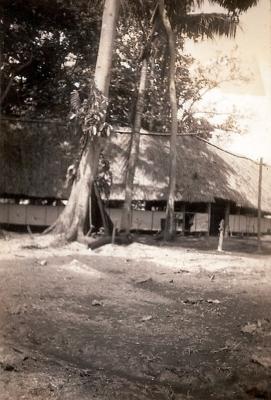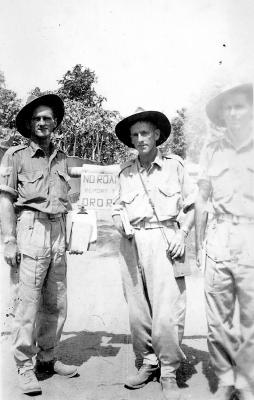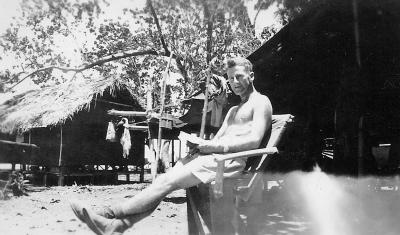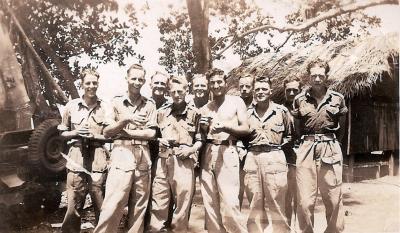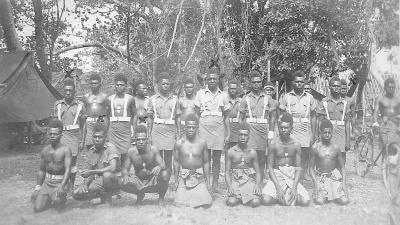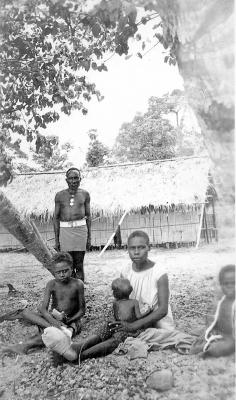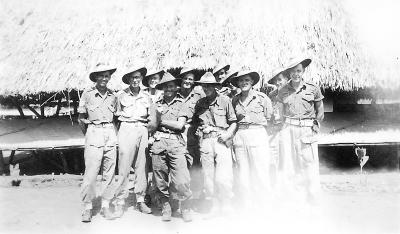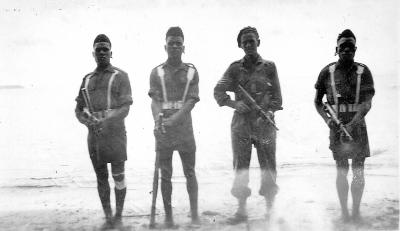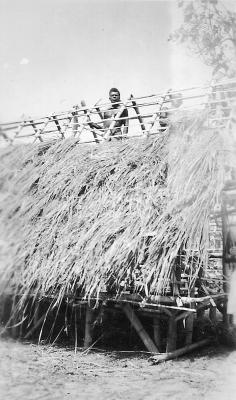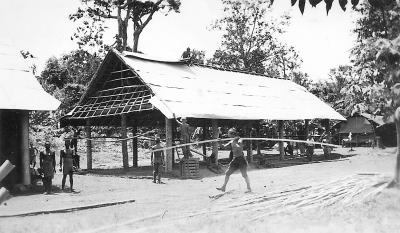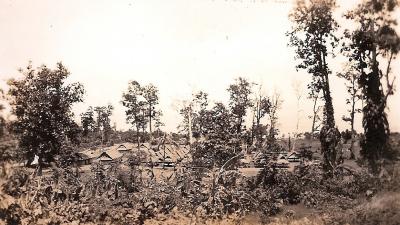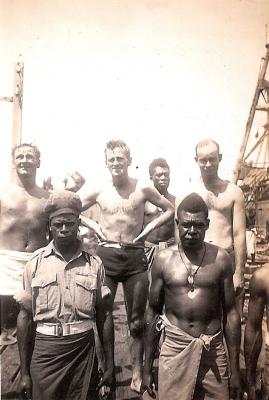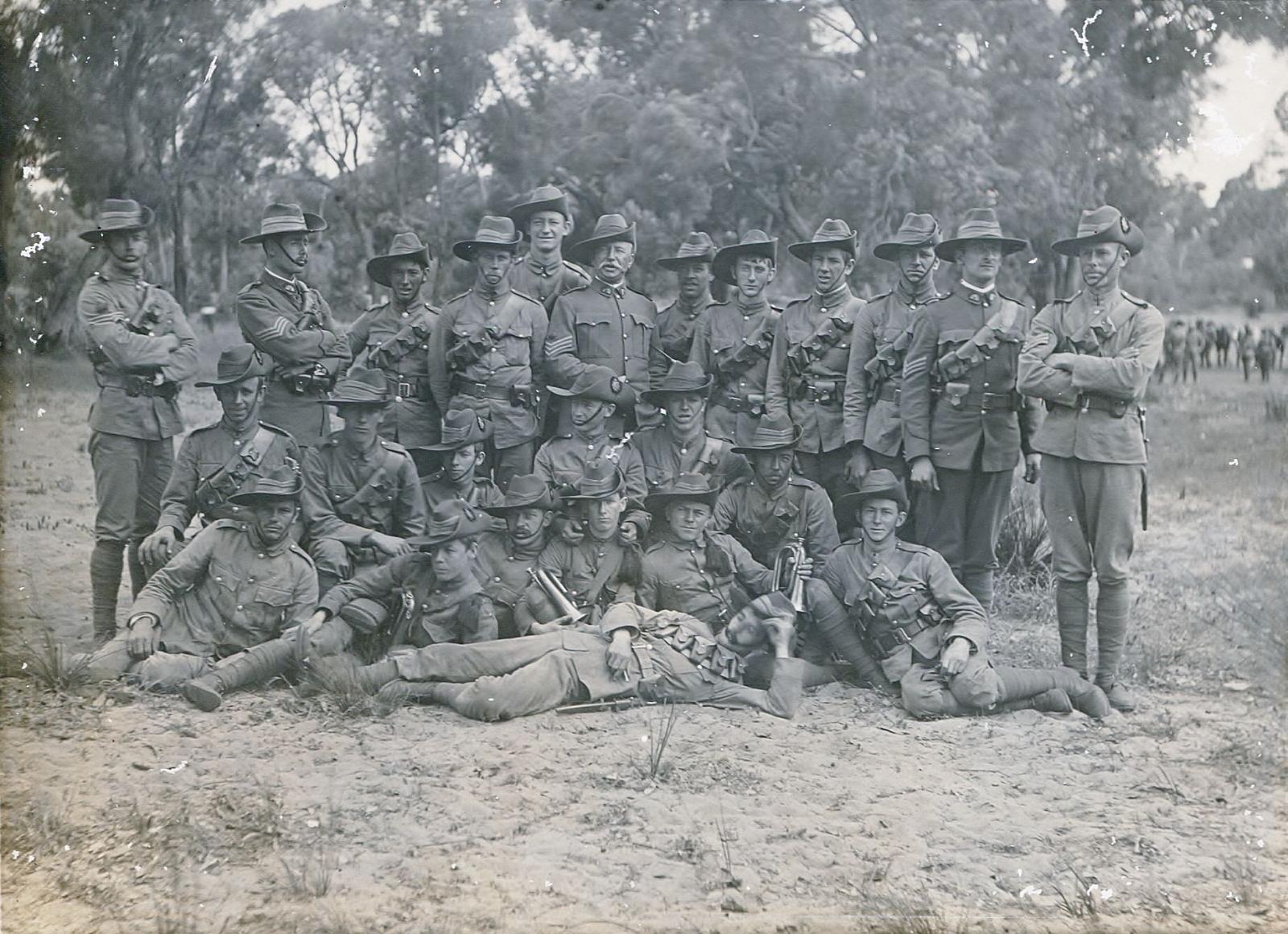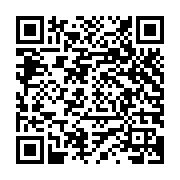Pre 1914, Western Australia, Karrakatta, 44 Battalion, 1912
1912Outdoor group portrait of members of Australia Western Australia militia at Karrakatta
Details
Details
efore the First World War, Australia was the only English-speaking country which had a system of compulsory military training during a time of peace. The legislation for compulsory military training was introduced in 1909 by Prime Minister Alfred Deakin and passed into law in 1911 under the succeeding Fisher Labor Government.
The legislation provided for three levels of training:
• Junior cadets for 12–14 year old boys
• Senior cadets for 14–18 year old males
• Home defence militia, officially known as Commonwealth Military Forces, for 18–26 year-old men
Boys were required to enrol in the cadets, while young men had to register with the local militia. Exemptions were given to:
• those who lived more than eight kilometres from the nearest training site
• those passed medically unfit
• resident aliens
• theological students
Those who failed to register for military training were punished with fines or jail sentences. Many boys did not register for their military training, and between 1911 and 1915 there were 34,000 prosecutions, with 7,000 jail sentences imposed.
Australian Army Museum of Western Australia
Australian Army Museum of Western Australia
Other items from Australian Army Museum of Western Australia
- World War 2, Papua New Guinea Rabaul, 1945
- World War 2, Papua New Guinea, 1945
- World War 2, Papua New Guinea, BROWN, 1945
- World War 2, Papua New Guinea, 1945
- World War 2, Papua New Guinea, 1945
- World War 2, Papua New Guinea, 1945
- World War 2, Papua New Guinea, 1945
- World War 2, Papua New Guinea, 1945
- World War 2, Papua New Guinea, 1945
- World War 2, South West Pacific, Papua New Guinea Tawui, 1945
- World War 2, Papua New Guinea, 1945
- Post 1945, Papua New Guinea, 1946
